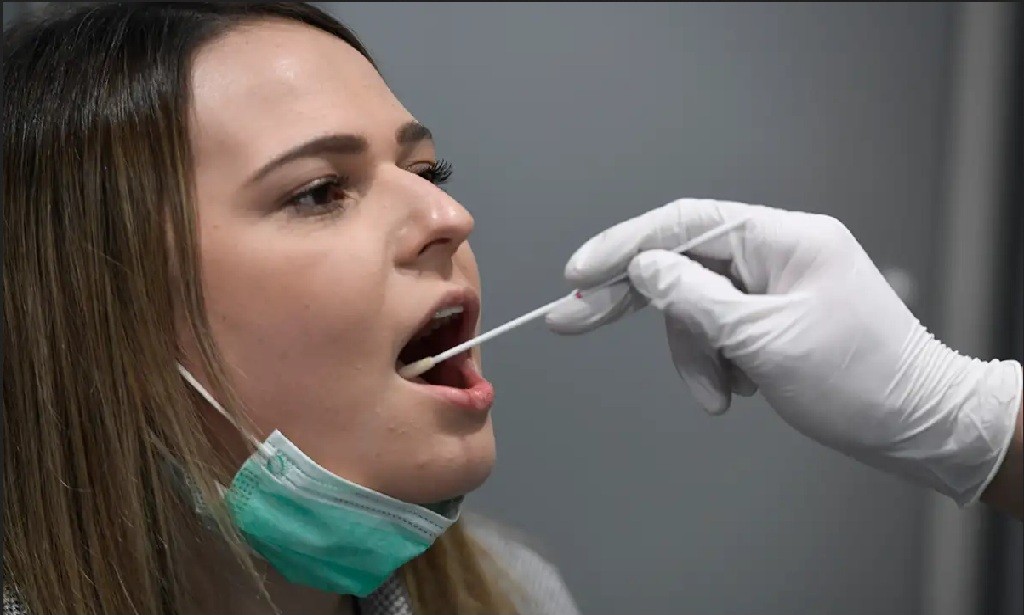At present, these tests are conducted for the people who are at higher risk of developing severe COVID-19. For example, the healthcare professionals would like to prioritize the testing for older adults who might be having this infection. Read on to know how COVID-19 tests work and who is obtaining them.
How does the test work?
There are different ways to test for the new coronavirus and mostly these are either molecular or serological tests.
- Molecular tests – Molecular tests can detect the signs of an active infection. They usually involve taking the sample from your throat’s back by using a cotton swab. The doctor will be sending the blood sample for testing so that it can undergo a polymerase chain reaction or PCR test. This test will help to identify the signs of genetic material of the virus.
A PCR test will confirm the diagnosis of COVID-19 when it detects the presence of two specific SARS-CoV-2 genes. In case it finds one of these genes only, then it will produce an inconclusive result. Molecular tests can diagnose the present cases of COVID-19 but cannot tell if someone has had the infection after their recovery.
- Serological tests – These tests can detect the presence of antibodies that your body produces to fight against the virus. These antibodies can be found in anyone who has already recovered from COVID-19. The antibodies exist in the tissues and blood all through your body. A serological test usually requires the blood sample that can help to detect the cases of infection having mild or no symptoms.
According to the Centers for Disease Control and Prevention (CDC), they are developing a serological test for SARS-CoV-2, and looking for the blood samples from anyone who has had COVID-19. The samples would be collected at least 21 days after the symptoms had first developed.
Where can you conduct the tests?
You will come across different options for testing.
· Public tests – In the United States, nearly 91 public health laboratories have already completed the verification to test for COVID-19.Testing is there in all 50 states, the District of Colombia, Puerto Rico and Guam. To conduct a test, the CDC recommends contacting the state health department.
It is important to consider that these COVID-19 tests in London are limited to people who are at risk of serious illness. They include:
- people who have severe symptoms
- pregnant women
- older adults
- people who suffer from underlying health conditions
- Home tests – On April 21, the Food and Drug Administration (FDA) has approved using the first COVID-19 home testing kit. With the help of cotton swab, people can collect a nasal sample and then mail it to a laboratory for testing. The emergency use authorization indicates that the test kit has been sanctioned for use by the people whom healthcare professionals have identified as the carriers of COVID-19.
Are they accurate?
The tests for COVID-19 are new and evaluating their accuracy seems to be a big challenge. PCR tests can deliver false negatives that cannot detect the evidence of SARS-CoV-2. There are situations when the false negatives result from problems with the procedure or due to human mistakes. If you conduct private COVID-19 PCR testing in London very early or late, then this may give a false negative.
When should you get tested?
Anyone who suffer from these symptoms need to talk to a healthcare provider without delay.
· Cough
· Fever
· Shortness of breath
The tests are available for people who are at risk of having severe illness. The doctor will determine if the symptoms of a person require conducting a test. Anyone who has chronic health condition and who is above 60 years needs to perform the test.
Most people who suffer from COVID-19 have mild form of the disease that does not need treatment from a specialist. Mild symptoms will consist of fever, sore throat, cough, shortness of breath and tiredness that might last for 1 to 2 weeks. Other people who are having this kind of infection may find no symptoms at all. But for some people, COVID-19 is a serious illness and the risk is higher for people who have chronic health conditions like diabetes or are old.


You must be logged in to post a comment.